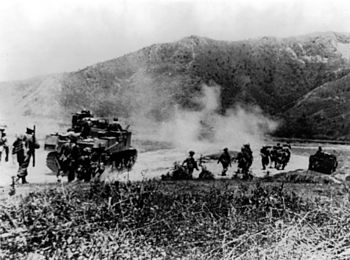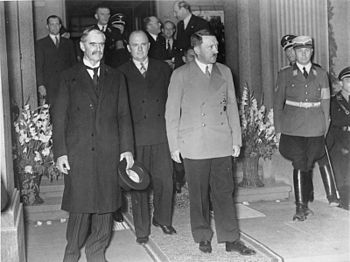 A Child at Arms by Patrick A. Davis
A Child at Arms by Patrick A. Davis
My rating: 5 of 5 stars
Davis became a Gurkha officers almost straight out of school in WW2. A Child At Arms should be on reading lists for junior officers and anyone involved in military policy. It compares well to Sydney Jary’s 18 Platoon, which was held up as an excellent example of a platoon commander’s war by the British Army.
A Child At Arms – review

In A Child At Arms Patrick Davis gives a his imperfect memory of his time in the army. Davis came straight out of school into officer training, and volunteered to join the Gurkhas in the Far East. At the age of 19 he joined 4/8th Gurkhas at Kohima just as they were withdrawn to rest.
Davis is very honest in his account. He accepts that memory is imperfect, and even though he kept a journal sporadically during his service he doesn’t recall things he wrote at the time, and other times he has memories that conflict with the notes. This honesty extends to his emotional commentary on how he felt about things.
Leading Gurkhas
Serving as the Battalion Intelligence Officer he lead a lot of patrols. He pinpoints the day when he’d finally got beyond what he could cope with and no longer had enthusiasm for taking risks or anything beyond coming back home safely. Despite this he carried on, and went on to become a Company 2ic and then Company Commander just before the end of the war.
The move to the front, and the rebuilding of the battalion is well described, especially the getting to know his Gurkhas and their personalities. Davis gives a good insight into learning Gurkhali and his limitations with it. He also paints a great picture of the men he served with, without presaging their fates.
The patrols, the battles and the country are all written with care. The situations clear, even when confused by the fog if war. Davis gives us only his perspective, he doesn’t try and tell the bits he didn’t see, or can’t remember. There’s just enough context, and a few sketch maps, so that we can follow him through the campaign.
I’ve read many first hand accounts from men that went to war. I don’t recall any being quite this honest, although a few others have mentioned their mental health, not enough do. For that reason alone it should be read widely. On top of that, there aren’t many of these accounts in English from the war in the Far East. So there are more reasons to read it.












